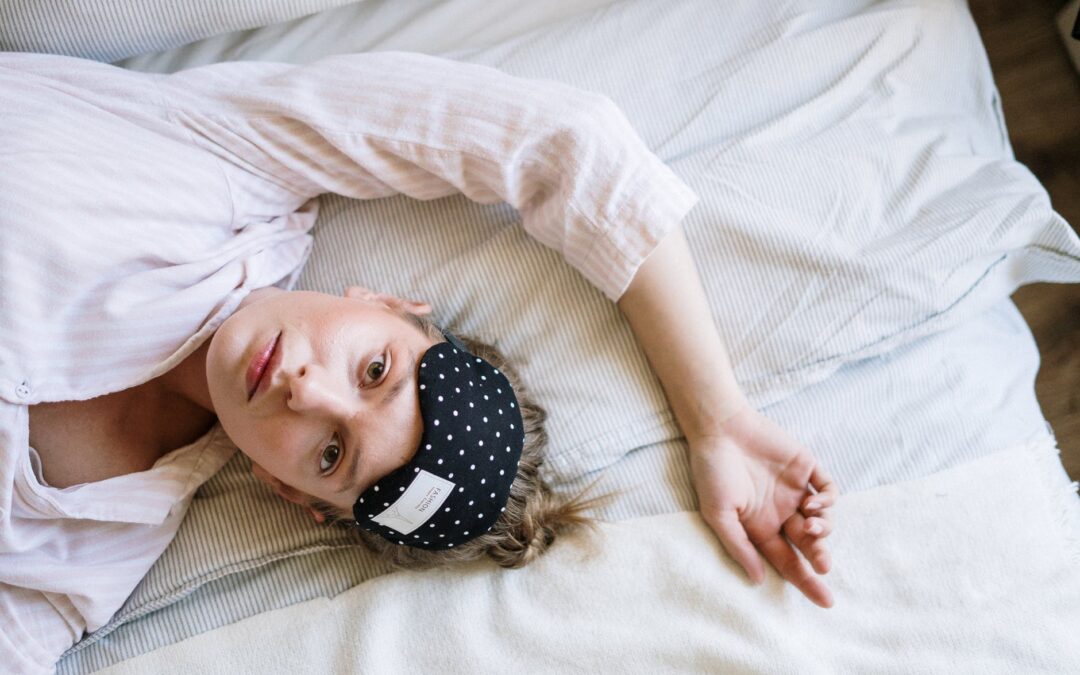Are you surprised that despite getting eight hours of sleep every night you still feel tired? The truth is there isn’t a set number of hours that can satisfy everyone. We’re all different and need varying degrees of sleep. Discover how much you really need with the following guide.
After reading it you’ll be able to:
- Choose a night-time routine based on your needs
- Know how much sleep you need depending on age
- Effortlessly adapt your lifestyle to getting better sleep
- Realise what the correct amount of sleep is for different people
- Identify the reasons you may need more or less sleep than others
- Understand the functions sleep plays in our health and mental health
- Confidently decide on how much sleep you need and how to implement it
- Appreciate how getting the right amount of sleep can improve your quality of life
A lack of sleep can result in reduced mental abilities, poor physical health and low moods. With such a devastating potential to affect quality of life, the fundamental importance of sleep becomes obvious. Appreciating the need for rest is only the first step to good sleep hygiene however, as ensuring the right duration of sleep is attained also plays a vital part.
Understanding that sleep is important for steering clear of these pitfalls is simple enough. Knowing how much sleep we need in order to avoid them is a little more complicated. Depending on health and activity levels, the quantity of sleep required is different for everyone. However there are some categories of sleepers we can explore to help begin defining your ideal amount.
The information and advice below can be used to make sure you and your loved ones are getting the correct amount of sleep. Of course, the journey to getting a good night’s sleep always begins with making sure you have a great bed.
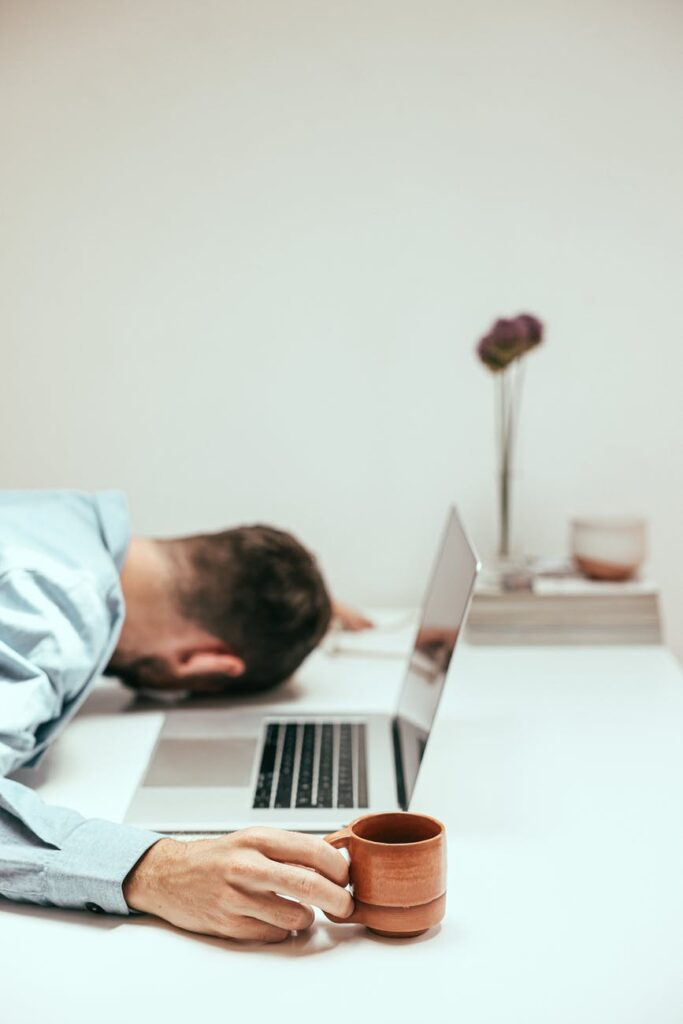
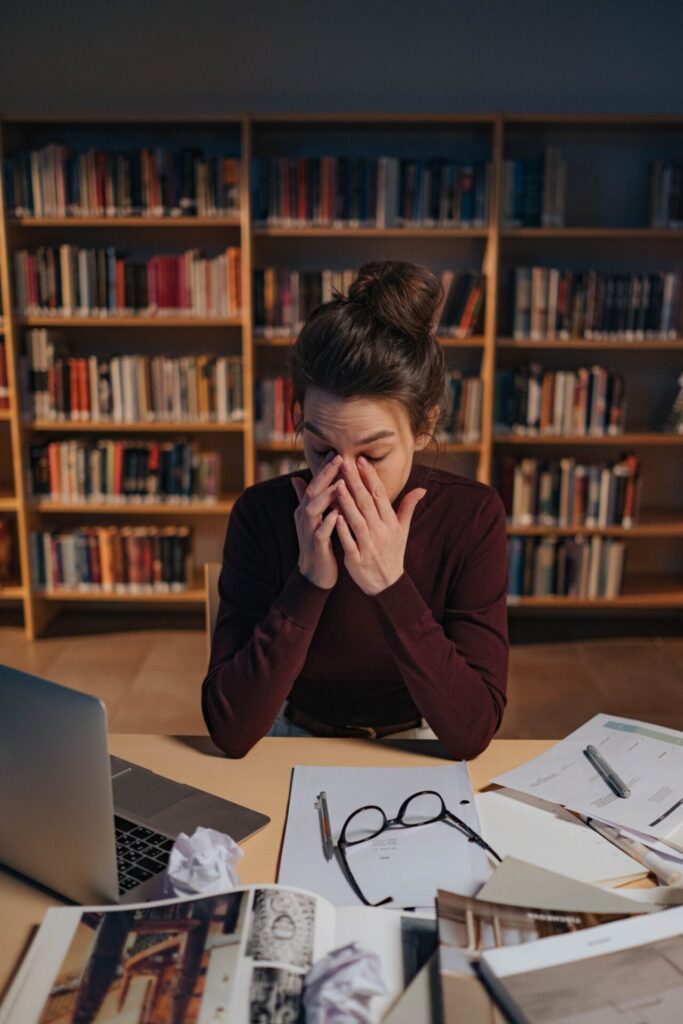
Why Is Sleep So Important?
The quality of your snooze, the stages of rest such as deep, light, and REM sleep, and for how long, determines how you act and feel the following day not only mentally, but physically. The reason behind this is that sleep is one of the leading players in maintaining and regulating your hormones. These hormones manage a wide array of bodily functions such as appetite and metabolic levels, and your ability to heal and grow.
The positive effects of good resting don’t end there. A good night’s rest also helps boost your productivity and maintains your health by promoting a fit heart, reducing the likelihood of a stroke, and boosting your immune system. In addition to all the physical benefits of sleep, a good night’s shut-eye also helps with mental health, limiting the possibilities of fatigue-based depression, stress, and anxiety.
So important is sleep to physical and mental wellbeing that developing a good routine to ensure enough of it is had can even result in marked improvements for athletes.
How Much Rest Are You Getting?
Ever heard of the term sleep deprivation? This is the word used to describe the situation when a person fails to achieve the regular rest they need. If you think that this could be you, keep an eye out for the following signs and symptoms that your body may be giving you:
- Falling asleep or ‘Nodding off’ during the day
- Feeling drained throughout the day
- Dark circles or bags developing under the eyes
- Being irritable or in a lower mood than usual
- Regularly becoming ill due to a weakened immune system
- Struggling to find motivation or having difficulties focusing on tasks
- Finding it difficult to make decisions
- Excess hunger and weight gain
- Depression or Anxiety


Recommended Hours of Sleep Based On Age
Although there is no ‘one size fits all’ approach when it comes to the amount of snoozing each person needs every night, the biggest determining factor in the number of hours required is age.
It is important to take notice of your body suggesting you’re overtired, even if you feel as though the amount you have is sufficient. The Centre for Disease Control and Prevention guide referenced below provides an excellent indication of the hours you need depending on your age category.
Before delving deep into the amount of sleep your baby needs it is vital to remember that you shouldn’t get too stressed about how much sleep they are getting and that it is important for parents to focus on their own sleep needs too, even as part of helping their child’s rest.
Newborns (0-3 months old): 14-17 hours per day
New-born babies spend very little of their first few weeks of life awake. Although they snooze away through most of the day, it should never be all in one go, as it is vital they arise approximately once every five hours for feeding. Parents of new-born babies can find out more about their child’s sleep requirements in one of our other articles.
Infants (4-12 months old): 12-16 hours per day
Growing up takes a lot of energy, so it’s no wonder that babies need so much sleep.
Toddlers (1-2 years old): 11-14 hours per day
Not a single day goes by for a toddler where they aren’t learning about the world. It’s an exhausting job, and they need quite a bit of down time to cope with it.


Young Child (3-5 years old): 10-13 hours per day
Young children expend vast quantities of energy running, jumping and learning. Two essential components that allow them to do this are plenty of food, and about half a day’s sleep.
Older Child (6-12 years old): 9-12 hours per day
School can be tough. You spend most of the day either learning or running around a playground. Is it any wonder they need to spend so much time in bed?

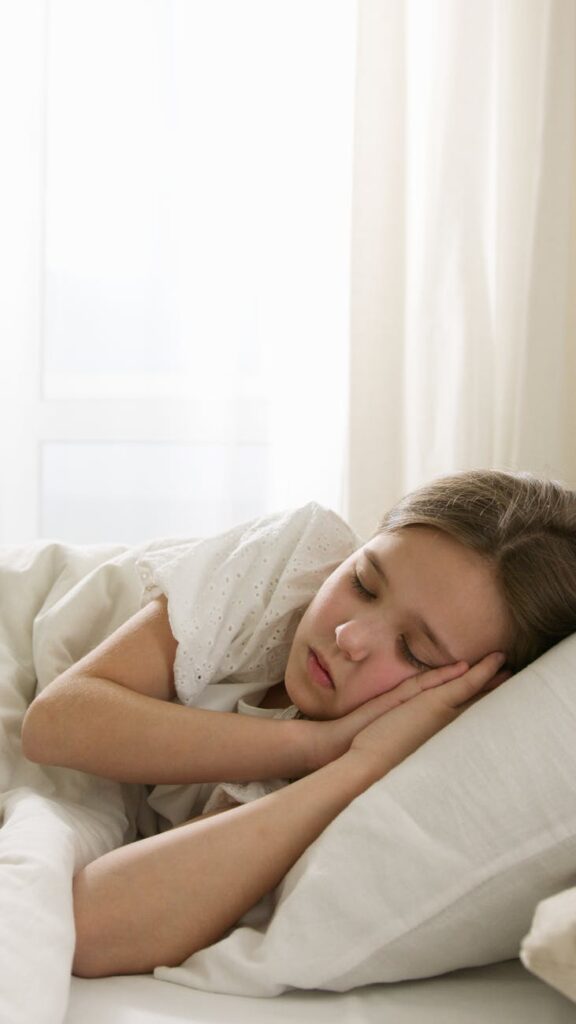
Teenagers (13-18 years old): 8-10 hours per day
Remember when mum had to drag you out of bed every morning in order to be in school on time? Well there’s a reason for that, and it isn’t laziness. Due to growth spurts and other developments, the teenage body is under a lot of stress, and needs just that little bit more down time than the average adult.
Adults (18-64 years old): 7-9 hours per day
Many people claim to need a good 8 hours to function well, but according to some studies we could be better off with just an hour more than that.
Elderly Adults (65+ years old): 7-8 hours per day
After we reach a certain age the quantity of growth hormones our bodies produce lessens to a point where noticeably less energy is required. Coupled with a less active lifestyle that many of us experience as we get older, there is much less need for sleep to get us through the day.
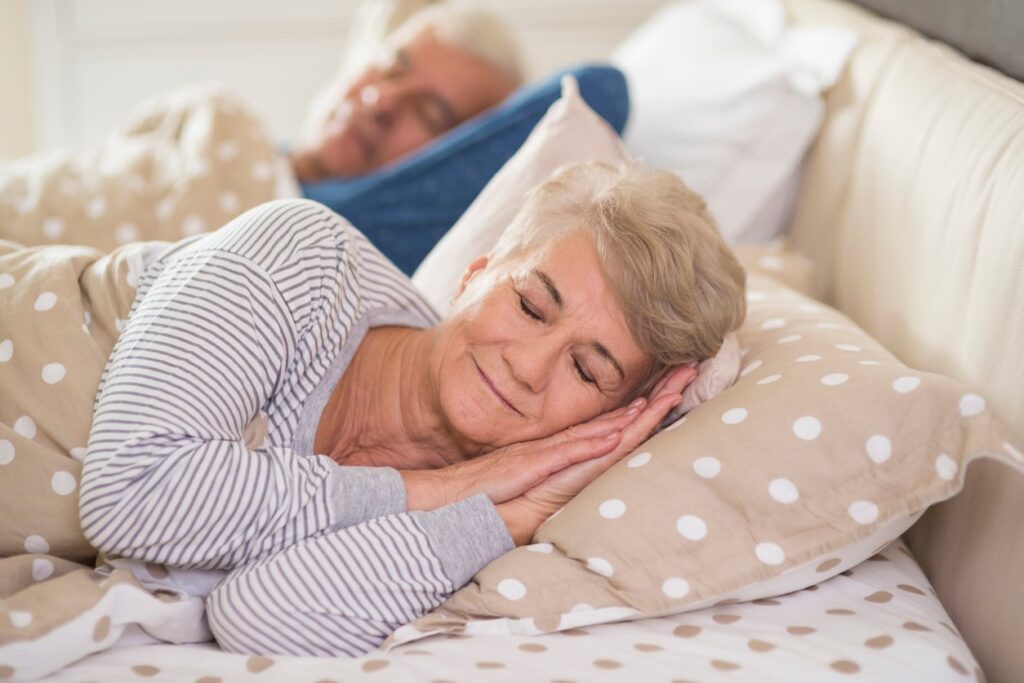
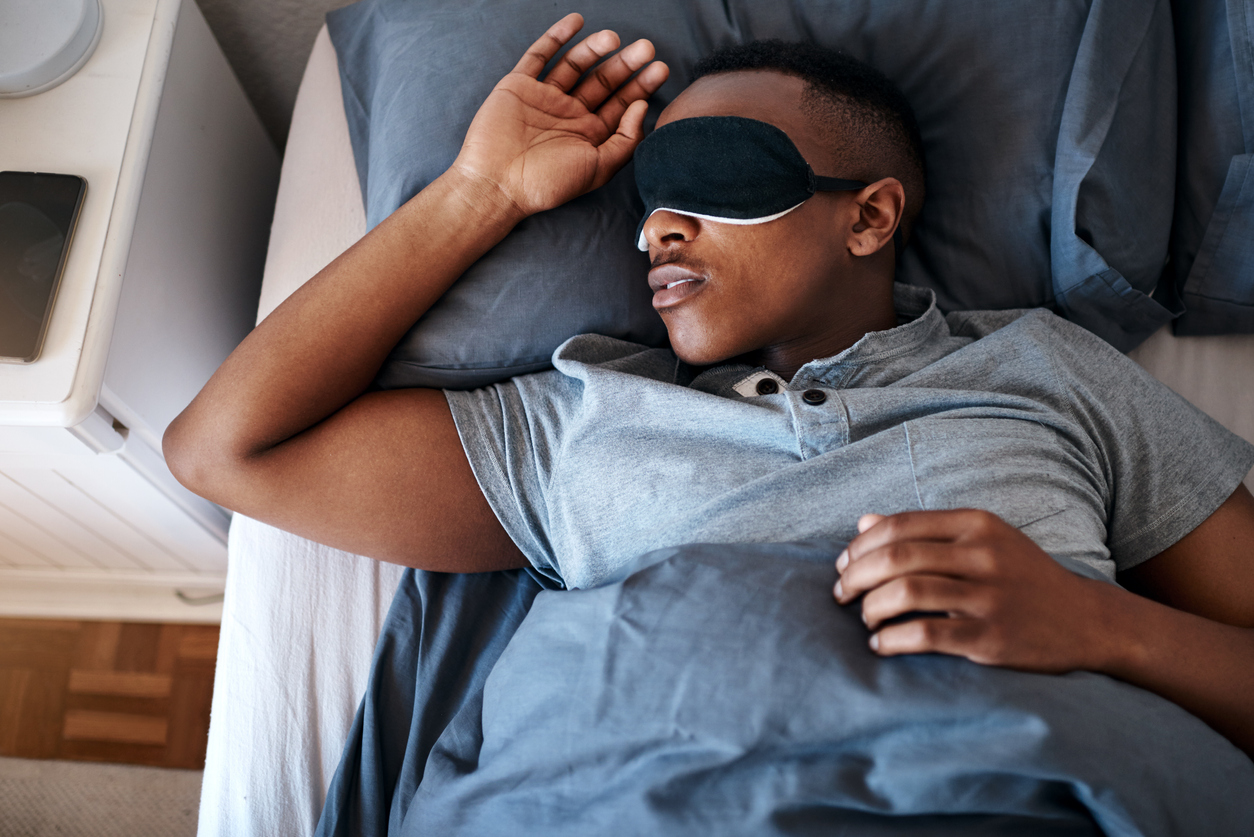
Am I Getting Enough Sleep?
In order to discover the optimal sleep time for an individual we need to take the recommended amount from the age category and adjust it with consideration to the following ten points below. If you’re sleeping within the hourly range recommended for your age, but are answering most of these questions with a ‘Yes’ then give some thought to adding an extra hour of sleep to your night-time routine.
Mood: Do you feel you could be happier?
Alert: Do your work duties require a high level of alertness?
Productivity: Do you believe you could be more productive?
Safety: Do you do a lot of driving? Operate heavy machinery?
Struggle: Do you not function well on the current amount of rest you get?
Napping: Do you try to catch extra zzzzs whenever you have some free time?
Energy: Do you use up a lot of energy? Work intensive labour? Play a lot of sports?
Health: Do you suffer from existing health issues? Are you at high risk from illness?
Coffee: Do you depend on coffee or other caffeine products to get through the day?
History: Do you experience sleeping difficulties regularly? Has it been a problem in the past?
How Do I Get More Sleep?
Getting yourself into a healthy, consistent routine during the day and in the evening can help alleviate sleep disorders and result in better quality sleep. We have several articles on how to overcome insomnia, how to get better sleep when working from home, and even how to fall asleep faster, but below are some simple ‘Do’s and Don’ts’ to help guide you to improved sleep.
The ‘DO’ List Of Getting A Good Night’s Sleep
- Keep a regular routine – this should include setting an alarm for the same time every day
- Practice mediation for around 10-30 minutes before bed at night to help you relax and get ready to go to sleep
- Disconnect from all blue light devices at least 30 minutes before bed to give your eyes a much-needed rest and allow yourself to wind down
- Read a book or listen to relaxing music just before bedtime
- Exercise for approximately 20 minutes each day. This can particularly help those suffering from ailments such as restless leg syndrome
- Listen to your body if you are feeling tired, even if it is not at your usual bedtime
- Visit your doctor if you are suffering from sleep apnoea or any other medical issues
- Set a routine to take any sleep medicine you may have been prescribed
The ‘DONT’ List Of Getting A Good Night’s Sleep
- Consume any caffeinated drinks after 5 pm – this will allow the caffeine to leave your system before its time to wind down
- Eat any heavy meals less than two hours before bedtime
- Let your anxieties get the better of you – write down your concerns in a ‘Worry Journal’
- Try to unwind in a messy room. A comfy, relaxing space can be an important part of falling asleep. Check out our guide on how to transform your bedroom into a chill area.

Start your journey to better sleep by finding your perfect bed from our wide selection at Land of Beds.
You might find these other articles on improving sleep of use:
How Many Pillows Should I Be Sleeping On?
8 Drinks To Help Improve Your Sleep
Living The Hygge Life To Improve Sleep
Need Help With Your Sleep?
Great sleep hygiene is a fundamental part of a healthy lifestyle. Loud noises, bright lights and fighting cats might be beyond our control, but what we can help with is assembling the bed that’s just right for you.
Deciding on the best bed for your needs depends on several factors.
- What type of sleeper are you?
- What temperature do you sleep best in?
- What materials are you most comfortable on?
There is no need to lose sleep over trying to choose the ideal bed and bedding for your sleeping needs. Our bed experts at Land of Beds pride themselves on their specialist knowledge and ability to guide you to the bed and bedding that’s just right for you.
Our customer-first policy means we listen and give good, independent advice based on the needs of the individual. By pairing consumers up with ethically sourced, affordable, quality products, we provide as many people as possible with a great night’s sleep.
If you would like help being connected with your ideal bed, feel free to get in touch with us on 01928 242829

